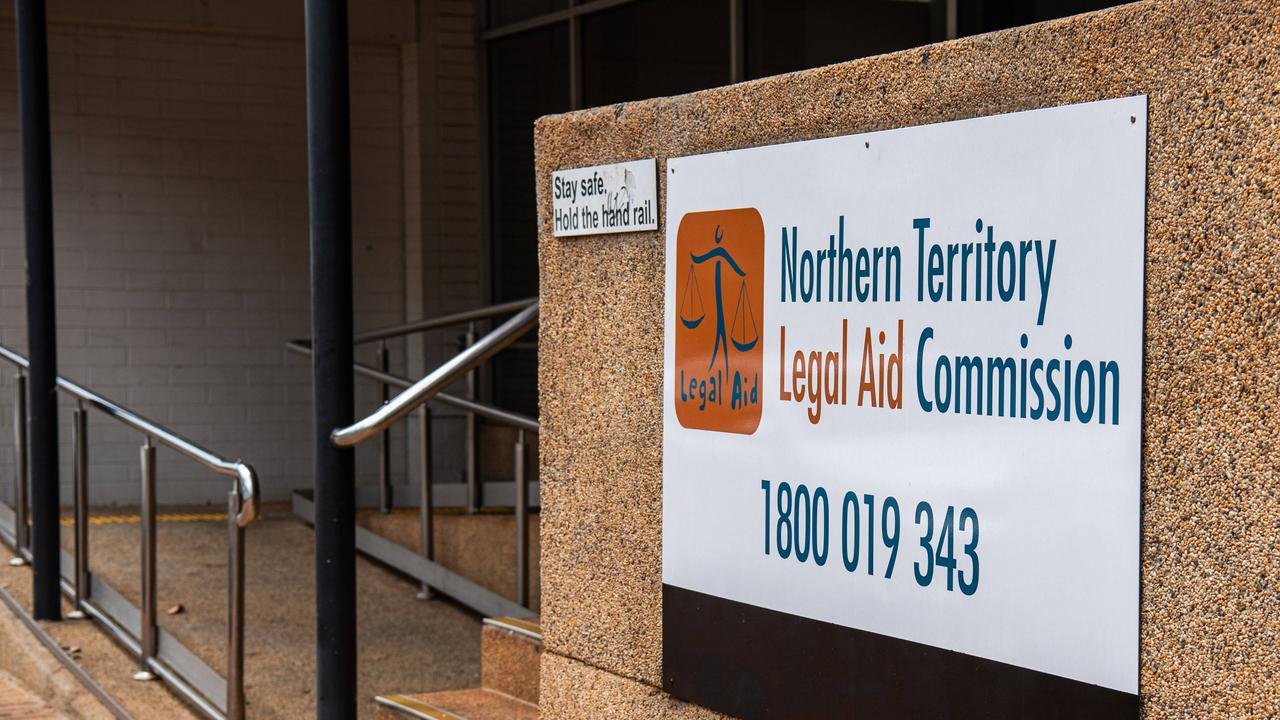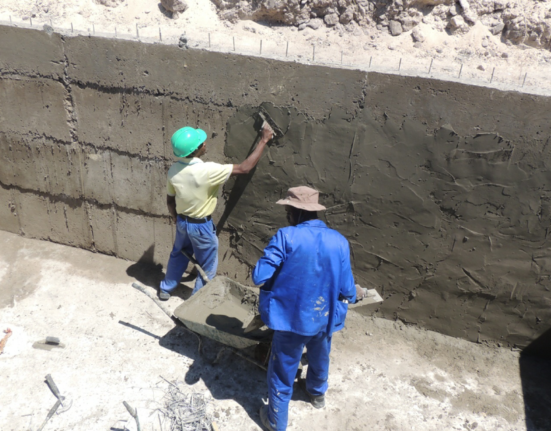In a move aimed at alleviating the strain on legal services in one of Australia’s most underserved regions, the Northern Territory government has announced a significant $3.9 million funding boost for Legal Aid. This increased financial commitment aims to address the growing demand for legal assistance, which has long been a pressing issue in the region. With this investment, the Northern Territory government is taking proactive measures to prevent a potential crisis in legal services, ensuring that more people, especially those from disadvantaged communities, continue to have access to vital legal support when they need it most.
Legal Aid is a cornerstone of the justice system, providing essential services to individuals who cannot afford private legal representation. Without it, many would face the daunting task of navigating complex legal issues alone, often leading to unfair outcomes and a widening gap in justice. In the Northern Territory, where legal issues often intersect with social problems such as poverty, family violence, and land rights, the need for these services is particularly urgent. The new funding package aims to address this critical need and ensure that everyone, regardless of their financial or geographic situation, can access justice.
Over the years, Northern Territory Legal Aid services have struggled to keep up with the increasing demand for support. The combination of geographic isolation, an expanding population, and rising social challenges has placed enormous pressure on these already stretched services. Legal Aid services in the region have faced significant delays, increased caseloads, and a limited ability to meet the needs of the most vulnerable populations, particularly Indigenous communities. The new funding allocation will go a long way in addressing these challenges, ensuring that services can be expanded, waiting times reduced, and the overall quality of assistance improved.
The Northern Territory is home to a large Indigenous population, many of whom live in remote and regional areas where access to essential services, including legal aid, is severely limited. For Indigenous Australians, navigating the legal system can often be overwhelming due to language barriers, cultural differences, and a lack of familiarity with the legal process. The additional $3.9 million in funding will help Legal Aid expand its reach into these remote communities, ensuring that more Indigenous people can access the legal assistance they require. Furthermore, this funding will help provide culturally sensitive services that are tailored to the specific needs of these communities, ensuring that their unique circumstances are taken into account.
One of the significant benefits of this funding boost is the opportunity it presents for Legal Aid to employ additional staff and increase the capacity of its services. With more resources at its disposal, Legal Aid will be able to hire more lawyers, paralegals, and support staff, which will directly improve the quality of service. This is especially important in areas like family law, criminal law, and civil law, where individuals often face life-changing consequences if they cannot access timely legal support. By increasing the number of legal professionals working in the region, the government is taking a crucial step in ensuring that people can get the assistance they need when they need it most.
This funding will also provide an opportunity for Legal Aid to modernize its operations and adopt more efficient methods of service delivery. In today’s digital age, many legal services can be provided remotely or online, which is particularly beneficial for individuals living in rural and remote areas who may not have easy access to in-person services. Legal Aid services in the Northern Territory will be able to invest in technology to provide virtual consultations, online case management, and other digital solutions that make legal assistance more accessible. This modernization will help reduce the burden on clients who would otherwise need to travel long distances to access services, thus making the process more efficient and less costly.
The Northern Territory government has also acknowledged the importance of providing ongoing training and professional development for the staff of Legal Aid. The challenges of providing legal services in a remote and often difficult environment require specialized skills, especially in areas such as family violence, criminal law, and Indigenous land rights. The funding increase will allow for targeted professional development programs that ensure legal aid staff are well-equipped to handle the complex and often sensitive issues they encounter. These programs will not only enhance the skills of individual lawyers and paralegals but will also contribute to the overall strength and capacity of the legal system in the region.
Another important aspect of this funding is the opportunity it presents to explore new ways of delivering legal services to individuals in need. Legal Aid services can now invest in outreach programs, community education, and awareness campaigns that help people understand their legal rights and how to access legal assistance. By educating the public, Legal Aid can empower individuals to navigate the legal system more effectively, preventing legal issues from escalating into crises. These initiatives can also build trust between the public and the legal system, encouraging more people to seek help when they need it.
For engineers and professionals in the construction, public sector, and industrial industries, understanding the implications of increased access to legal services can have a broader impact. Legal aid is not just about addressing criminal or family law issues; it also plays a crucial role in ensuring that business and contractual disputes are resolved fairly. In sectors like construction, where agreements and contracts are central to project delivery, the importance of accessible legal services cannot be overstated. Having access to proper legal representation ensures that engineers and construction professionals can resolve issues related to land ownership, environmental regulations, contract disputes, and more.
Moreover, by providing access to legal assistance for marginalized and underserved communities, the government is creating a more equitable environment for all sectors, including engineering and infrastructure development. The ability to resolve legal disputes in a fair and just manner is vital for maintaining public confidence in the system, which in turn fosters a stable and reliable business environment.
This funding increase is a clear indication that the Northern Territory government recognizes the importance of legal infrastructure and its role in fostering a fair and just society. For engineers and professionals working in the region, the expansion of Legal Aid services means more robust legal protection for their work and the communities they serve. It is an investment in the stability and growth of the region as a whole, ensuring that everyone has access to justice and the opportunity to thrive.
In conclusion, the $3.9 million funding boost for Northern Territory Legal Aid is a landmark investment in the region’s justice system. It provides a vital lifeline to individuals in need of legal assistance, particularly those from disadvantaged backgrounds, and strengthens the region’s social infrastructure. As the legal system becomes more accessible, the Northern Territory will be better positioned to ensure fairness, equity, and social stability for all its residents, including engineers, public sector workers, and communities at large.
Get the latest updates on Energy, Construction, Engineering, and Cryptocurrency. Join us on WhatsApp or Telegram for real-time news. Have a report or article? Send it to report@epci.ng.
Follow us on X (Twitter), Instagram, LinkedIn, and Facebook for more industry insights.







Leave feedback about this